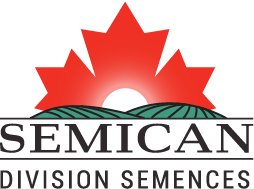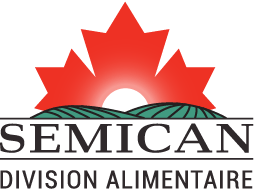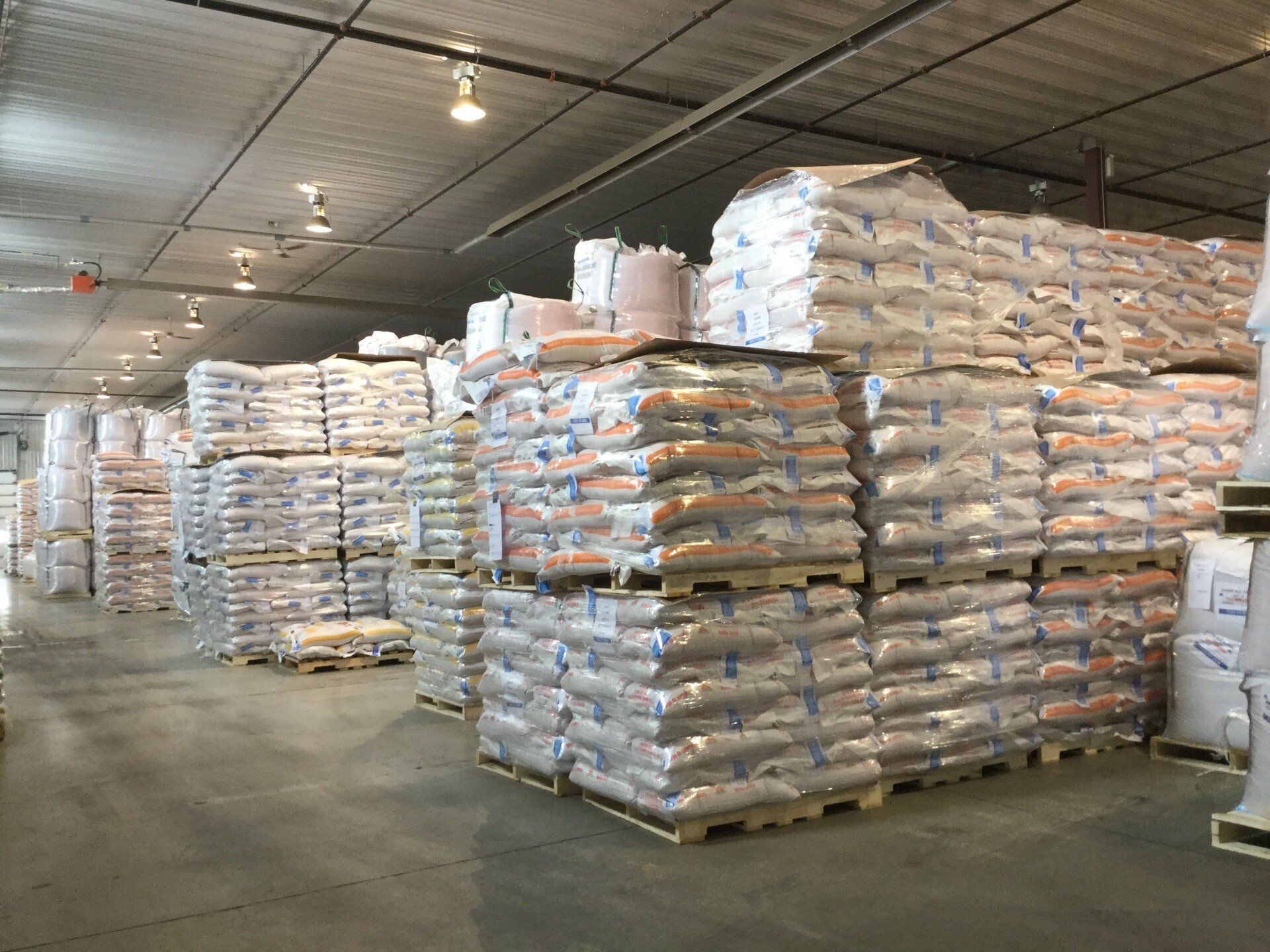The benefits of certified seed
The Benefits of Certified Seed
by Jean Goulet, Plant breeder
CERTIFIED SEED … a five-point explanation :
- Producing certified seed requires the use of rigorously monitored quality management systems to
maximize genetic purity.
- This process ensures that what you get is the variety you want. It also ensures that other varieties
and off types are kept to a minimum.
1. Variety purity :
Certified seed must conform to stringent production requirements that prescribe strict limits.
1. Third-party field inspections
- Varietal purity
- Previous land use
- Prescribed isolation distances to prevent contamination at harvest
2. Possible random inspection by the CFIA
2. Clean seed:
Certified seed must conform to stringent conditioning requirements that prescribe strict limits.
1. Screening in specialized and accredited conditioning centres
2. CFIA-monitored sampling to verify
- Varietal purity
- Weeds (wild oats)
- Prohibited weeds
- Official germination test
3. Access to new markets :
Many end-users require specific varieties for their products. Using Certified seed can pave the way to IP
and other new markets, such as:
- Brewing
- Breadgrain, human consumption
- Soybean export market
- Oats, human consumption
- High-fat hulless oats
4. Genetic improvements :
Improved traits, such as:
- Yield and adaptability
- Pest and disease resistance
- Drought tolerance
- Herbicide tolerance
- Specific quality parameters
By choosing Certified seed, growers gain access to traits that have been improved through years
of research and development.
5. Agronomic support to maximize yield potential
When you buy Certified seed, you
- Benefit from the expertise of agronomic, technical and marketing teams that help you
harvest the highest quality and highest yields possible;
- Increase the profitability of your production;
- Ensure that trial networks are set up and maintained over the years to allow neutral
and reliable varietal comparisons;
- Contribute to maintaining Quebec’s plant breeding programmes, developing varieties adapted
to growing conditions here in Quebec.
THE PATH OF CERTIFIED SEED, FROM THE BREEDER TO THE GROWER
- Creating the variety
Fifteen years of evaluation trials are required to create a new variety.
- Cross (1)
- Multiplication - F1 to F6 (6)
- Plant selection (1)
- Agronomic, pathology, and quality evaluations (4)
Three years of evaluation in variety registration trials.
2.
Producing Breeder seed
Breeder seed is produced during the registration trials.
- Head or plant selection
- Sowing of isolines in rows to evaluate purity and stability
- Visual selection based on morphology (phenotype)
- Harvesting of the rows
- Seed selection
- Regrouping of rows as original parent seed
3.
Multiplying the parent seed
The second generation is produced primarily by research institutions to assure varietal purity and stability.
When sufficient quantities are available, parent seed is multiplied by Select seed growers who are members
of the CSGA (Canadian Seed Growers’ Association).
4.
Selecting the fields
The fields are carefully chosen by growers to comply with CSGA requirements relating
to previous land use.
5.
Cleaning the seeding equipment
Prior to sowing, growers must ensure that the seeder and any other equipment to be used is clean.
6. Plot isolation
An isolation strip must be maintained between crops of different status in a same field.
7.
Crop certificate
When all requirements are met, a crop certificate is issued to approve the harvest.
8.
Cleaning the harvesting equipment
The thresher, grain bins and augur must all be thoroughly cleaned to avoid any possible contamination.
9. Storage :
10. Silo sampling
After the harvest, our team travels across Quebec to collect representative samples from silos
(from top to bottom) using an aspirator equipped with a probe.
11. Testing and grading
An accredited grader verifies that the sample complies with purity standards and a germination test
is done in an accredited laboratory.
12. Bagging and tagging
The lot is screened in a specialized accredited conditioning centre and then tagged according to grade
based on the characteristics of the lot in question.
13. Second germination test
Semican is one of the few companies that conducts a second germination test for each seed lot
after screening/conditioning in order to ensure that the client will be getting a quality product that meets
the highest standards.
Conclusion :
By buying Certified seed, growers
- Ensure they are getting the right variety and varietal purity;
- Ensure that a germination test has been done and that the bag contains no impurities;
- Ensure that end users get the right product for their specific needs;
- Contribute to maintaining research programmes aimed at developing new varieties (cultivars)
adapted to our conditions and niche markets.






